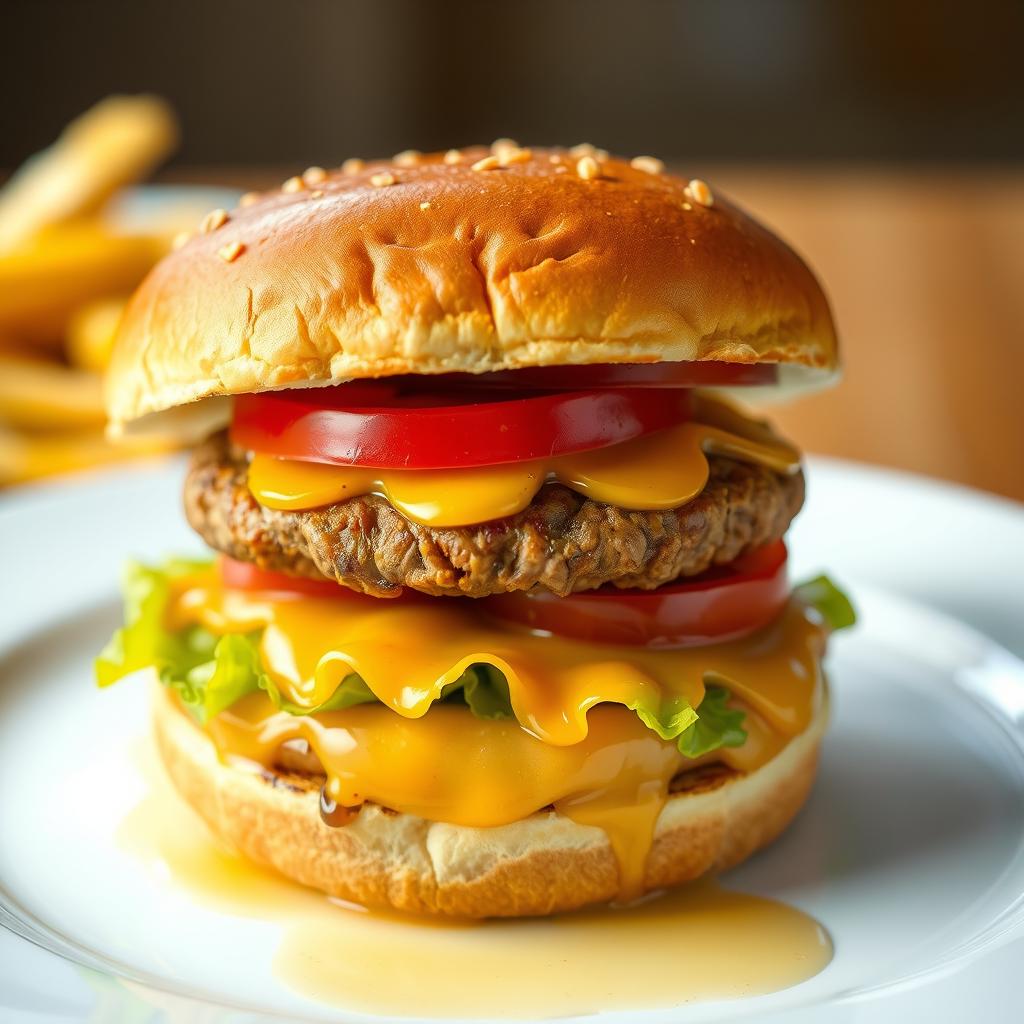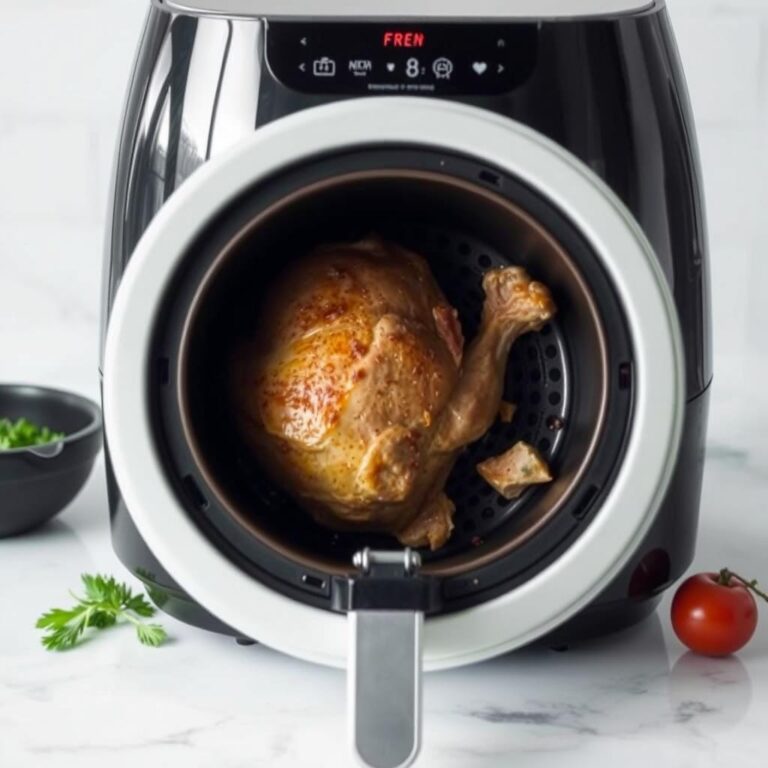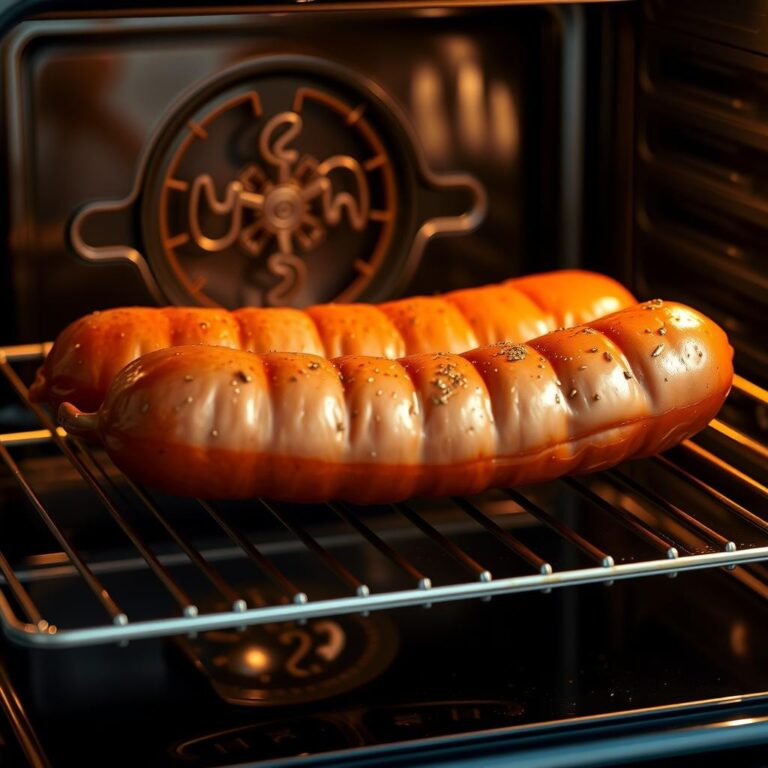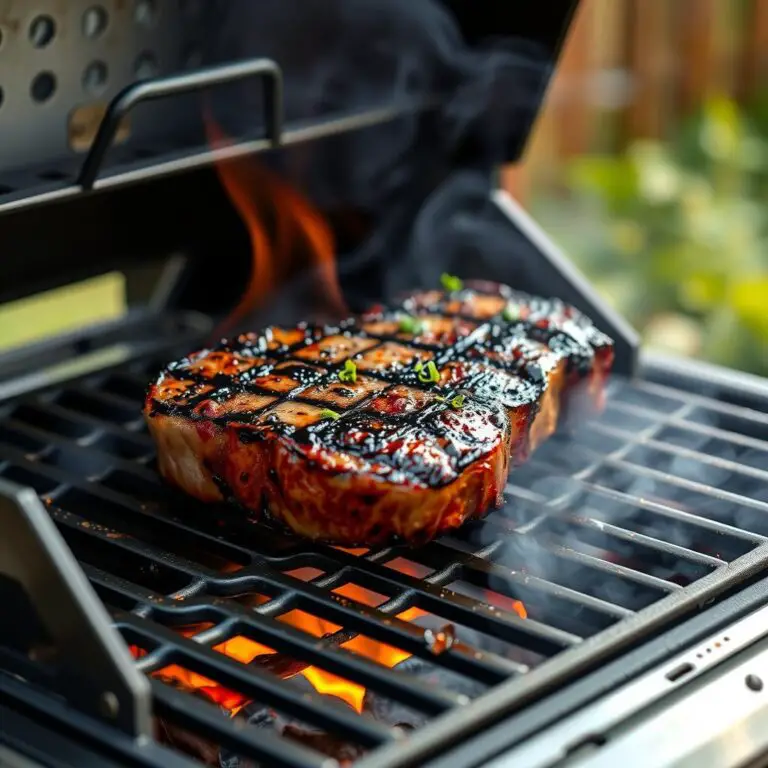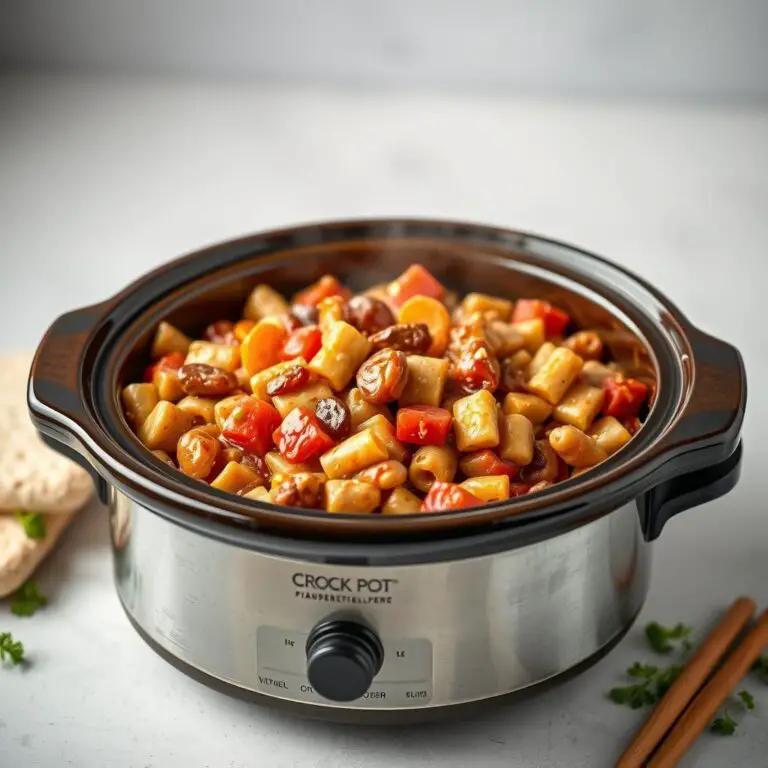Can you cook a turkey burger from frozen?
That's the question on your mind, right?
You're staring at that frozen turkey burger, and dinner time is looming.
I get it.
Life's busy, and sometimes you forget to thaw things out.
So, can you actually turn that icy puck into a juicy, delicious meal?
Let's dive into the world of frozen turkey burgers and see if we can make some magic happen.
The Frozen Turkey Burger Dilemma: Is it Possible?
Cooking a frozen turkey burger isn't ideal, but it's definitely doable.
The biggest hurdle is ensuring the burger cooks evenly.
You want a thoroughly cooked center without burning the outside to a crisp.
Think of it like this: you're battling against the ice to unlock the potential flavor of that lean ground turkey.
Safety First: Why Proper Cooking Matters
With any ground meat, especially turkey, food safety is paramount.
Turkey burgers need to reach an internal temperature of 165°F (74°C) to kill harmful bacteria like Salmonella.
A frozen turkey burger increases the risk of uneven cooking, meaning parts might be undercooked while others are overdone.
Nobody wants a dry burger, and definitely nobody wants food poisoning.
Thawing vs. Cooking From Frozen: Weighing the Options
Ideally, thawing your turkey burger is the best approach.
It allows for more even cooking and a juicier final product.
You can thaw it in the refrigerator overnight or use the cold water method for a quicker thaw.
But let's be real, sometimes you just don't have the time.
That's when cooking from frozen becomes your go-to strategy.
How to Cook a Frozen Turkey Burger: A Step-by-Step Guide
Okay, so you're committed to cooking that turkey burger from its frozen state.
Here's how to do it right:
-
Start with a preheated pan or grill: Whether you're using a skillet on the stove or firing up the grill, make sure it's properly heated before you begin. This helps to sear the outside of the burger and lock in some moisture.
-
Use medium-low heat: High heat will cook the outside too quickly, leaving the inside frozen or undercooked. Low and slow is the name of the game.
-
Add a little oil: A touch of oil (olive, avocado, or your favorite) to the pan prevents sticking and helps with even browning.
-
Cook for longer: Frozen turkey burgers will require more cooking time than thawed ones. Expect to cook for around 15-20 minutes total, flipping every 5-7 minutes.
-
Use a meat thermometer: This is non-negotiable. Insert a meat thermometer into the thickest part of the burger to ensure it reaches 165°F (74°C). Don't guess; be certain.
Tips and Tricks for the Best Frozen Turkey Burger Experience
Want to elevate your frozen turkey burger game?
Here are a few extra tips:
-
Season generously: Frozen burgers can sometimes lack flavor. Season generously with salt, pepper, garlic powder, onion powder, and any other spices you enjoy.
-
Consider adding moisture: A pat of butter or a drizzle of olive oil on top of the burger while it cooks can help keep it moist.
-
Don't press down on the burger: Resist the urge to press down on the burger with a spatula. This squeezes out the juices and makes it drier.
-
Melt cheese on top: Adding cheese during the last few minutes of cooking not only enhances the flavor but also helps to trap in moisture.
-
Rest the burger: After cooking, let the burger rest for a few minutes before serving. This allows the juices to redistribute, resulting in a more flavorful and tender burger.
Perfecting the Patty: Avoiding Common Mistakes
Cooking frozen turkey burgers can be tricky, but avoiding these common pitfalls will set you up for success:
-
Overcooking: The biggest mistake is overcooking the burger in an attempt to ensure it's fully cooked. This results in a dry, tasteless patty.
-
Using too high heat: As mentioned earlier, high heat leads to uneven cooking.
-
Ignoring the meat thermometer: Don't rely on guesswork. Always use a meat thermometer to verify the internal temperature.
-
Not seasoning properly: Frozen burgers need extra seasoning to compensate for their lack of moisture and potential blandness.
Beyond the Basics: Adding Flavor and Flair to Your Turkey Burger
Okay, you've mastered the art of cooking a frozen turkey burger.
Now it's time to get creative!
Here are some ideas to take your burger to the next level:
-
Gourmet Toppings: Think beyond lettuce and tomato. Try avocado, grilled onions, sauteed mushrooms, or a spicy aioli.
-
Bun Selection: Don't underestimate the power of a good bun. Brioche, pretzel, or ciabatta buns can add a touch of elegance.
-
Cheese Combinations: Experiment with different cheeses like provolone, Swiss, or pepper jack.
-
Sauce Sensations: Create your own signature sauce using ingredients like mayonnaise, ketchup, mustard, hot sauce, and spices.
So, Can You Cook a Turkey Burger From Frozen?
Absolutely, you can!
It might not be the ideal method, but with the right techniques and a little patience, you can transform that frozen patty into a satisfying and delicious meal.
Just remember to prioritize food safety, cook evenly, and don't be afraid to get creative with seasonings and toppings.
Can you cook a turkey burger from frozen?
That's the question on your mind, right?
You're staring at that frozen turkey burger, and dinner time is looming.
I get it.
Life's busy, and sometimes you forget to thaw things out.
So, can you actually turn that icy puck into a juicy, delicious meal?
Let's dive into the world of frozen turkey burgers and see if we can make some magic happen.
The Frozen Turkey Burger Dilemma: Is it Possible?
Cooking a frozen turkey burger isn't ideal, but it's definitely doable.
The biggest hurdle is ensuring the burger cooks evenly.
You want a thoroughly cooked center without burning the outside to a crisp.
Think of it like this: you're battling against the ice to unlock the potential flavor of that lean ground turkey.
Safety First: Why Proper Cooking Matters
With any ground meat, especially turkey, food safety is paramount.
Turkey burgers need to reach an internal temperature of 165°F (74°C) to kill harmful bacteria like Salmonella.
A frozen turkey burger increases the risk of uneven cooking, meaning parts might be undercooked while others are overdone.
Nobody wants a dry burger, and definitely nobody wants food poisoning.
Thawing vs. Cooking From Frozen: Weighing the Options
Ideally, thawing your turkey burger is the best approach.
It allows for more even cooking and a juicier final product.
You can thaw it in the refrigerator overnight or use the cold water method for a quicker thaw.
But let's be real, sometimes you just don't have the time.
That's when cooking from frozen becomes your go-to strategy.
How to Cook a Frozen Turkey Burger: A Step-by-Step Guide
Okay, so you're committed to cooking that turkey burger from its frozen state.
Here's how to do it right:
-
Start with a preheated pan or grill: Whether you're using a skillet on the stove or firing up the grill, make sure it's properly heated before you begin.
This helps to sear the outside of the burger and lock in some moisture. -
Use medium-low heat: High heat will cook the outside too quickly, leaving the inside frozen or undercooked.
Low and slow is the name of the game. -
Add a little oil: A touch of oil (olive, avocado, or your favorite) to the pan prevents sticking and helps with even browning.
-
Cook for longer: Frozen turkey burgers will require more cooking time than thawed ones.
Expect to cook for around 15-20 minutes total, flipping every 5-7 minutes. -
Use a meat thermometer: This is non-negotiable.
Insert a meat thermometer into the thickest part of the burger to ensure it reaches 165°F (74°C).
Don't guess; be certain.
Tips and Tricks for the Best Frozen Turkey Burger Experience
Want to elevate your frozen turkey burger game?
Here are a few extra tips:
-
Season generously: Frozen burgers can sometimes lack flavor.
Season generously with salt, pepper, garlic powder, onion powder, and any other spices you enjoy. -
Consider adding moisture: A pat of butter or a drizzle of olive oil on top of the burger while it cooks can help keep it moist.
-
Don't press down on the burger: Resist the urge to press down on the burger with a spatula.
This squeezes out the juices and makes it drier. -
Melt cheese on top: Adding cheese during the last few minutes of cooking not only enhances the flavor but also helps to trap in moisture.
-
Rest the burger: After cooking, let the burger rest for a few minutes before serving.
This allows the juices to redistribute, resulting in a more flavorful and tender burger.
Perfecting the Patty: Avoiding Common Mistakes
Cooking frozen turkey burgers can be tricky, but avoiding these common pitfalls will set you up for success:
-
Overcooking: The biggest mistake is overcooking the burger in an attempt to ensure it's fully cooked.
This results in a dry, tasteless patty. -
Using too high heat: As mentioned earlier, high heat leads to uneven cooking.
-
Ignoring the meat thermometer: Don't rely on guesswork.
Always use a meat thermometer to verify the internal temperature. -
Not seasoning properly: Frozen burgers need extra seasoning to compensate for their lack of moisture and potential blandness.
Beyond the Basics: Adding Flavor and Flair to Your Turkey Burger
Okay, you've mastered the art of cooking a frozen turkey burger.
Now it's time to get creative!
Here are some ideas to take your burger to the next level:
-
Gourmet Toppings: Think beyond lettuce and tomato.
Try avocado, grilled onions, sauteed mushrooms, or a spicy aioli. -
Bun Selection: Don't underestimate the power of a good bun.
Brioche, pretzel, or ciabatta buns can add a touch of elegance. -
Cheese Combinations: Experiment with different cheeses like provolone, Swiss, or pepper jack.
-
Sauce Sensations: Create your own signature sauce using ingredients like mayonnaise, ketchup, mustard, hot sauce, and spices.
Level Up Your Frozen Turkey Burger Cooking Skills
You know the basics of how to cook frozen turkey burgers, but let's take it up a notch, alright?
I'm talking about turning that frozen patty into something truly special.
Mastering the Cooking Method: Grill vs. Pan
So, you're wondering which is better: grilling or pan-frying a frozen turkey burger?
Honestly, both can work, but they have different pros and cons.
Grilling a frozen turkey burger gives you that smoky flavor, but it can be harder to control the temperature and ensure even cooking.
Pan-frying, on the other hand, offers more precise temperature control, making it easier to cook the burger thoroughly without burning it.
Here's the deal: if you're grilling, keep the heat medium-low and be patient.
Flip frequently to avoid charring.
If you're using a pan, a cast iron skillet is your best friend.
It distributes heat evenly and gives the burger a nice sear.
The Secret to a Juicy Frozen Turkey Burger: Moisture is Key
Frozen turkey burgers tend to dry out quickly.
Combat this by adding moisture back in during the cooking process.
How?
Simple.
-
Add a Water Bath: Toss a tablespoon of water into the pan, and cover it with a lid.
This creates steam, which helps cook the burger through while keeping it moist.
Make sure that you are checking the internal temp during this method to ensure 165°F (74°C). -
Baste with Broth: Basting the burger with chicken or vegetable broth while it cooks adds flavor and moisture.
-
Butter is Your Friend: A little pat of butter on top of the burger as it cooks melts down and adds richness and moisture.
Seasoning Strategies: From Basic to Bold
Don't be shy with the seasonings when cooking frozen turkey burgers.
They need all the help they can get to develop flavor.
Here are some ideas:
-
The Classic Combo: Salt, pepper, garlic powder, and onion powder are always a good start.
-
Spice it Up: Add a pinch of cayenne pepper or some chili flakes for a little heat.
-
Go Italian: Italian seasoning, oregano, and basil add a Mediterranean twist.
-
Think Umami: A dash of Worcestershire sauce or soy sauce adds depth and richness.
Before cooking, create a seasoning mix and generously coat each frozen turkey burger patty.
During cooking, you can also add seasonings to the pan to infuse the burger further.
Buns, Toppings, and Sauces: The Perfect Partners
The right bun, toppings, and sauces can make or break a turkey burger.
Here's how to choose wisely:
-
Bun Selection Matters: Brioche buns are soft and rich, pretzel buns add a salty, chewy texture, and ciabatta buns are sturdy enough to hold lots of toppings.
-
Topping Ideas Galore: Avocado adds creaminess, caramelized onions add sweetness, roasted red peppers add a smoky flavor, and crispy bacon adds a salty crunch.
-
Sauce Sensations: Mix mayo with sriracha for a spicy kick, blend avocado with lime juice for a creamy sauce, or whip up a quick barbecue sauce with ketchup, vinegar, and spices.
Pro Tips for Maximum Flavor and Texture
-
Smash Burger Style: Press down on the burger with a spatula during the first few minutes of cooking to create a crispy, caramelized crust.
-
Cheese Placement: Add cheese during the last minute of cooking and cover the pan to let it melt evenly.
-
Resting is Essential: Let the burger rest for a few minutes after cooking to allow the juices to redistribute and prevent it from drying out.
Common Mistakes to Avoid When Cooking Frozen Turkey Burgers
Even with the best intentions, it's easy to make mistakes when cooking frozen turkey burgers.
Here are some common pitfalls to avoid:
-
Cooking at Too High Heat: High heat leads to a burnt exterior and an undercooked interior.
Stick to medium-low heat for even cooking. -
Not Using a Meat Thermometer: Guessing the internal temperature is a recipe for disaster.
Always use a meat thermometer to ensure the burger reaches 165°F (74°C). -
Overcrowding the Pan: Overcrowding the pan lowers the temperature and prevents the burgers from browning properly.
Cook in batches if necessary. -
Ignoring the Thaw: Partially thawing the burger in the microwave can speed up cooking time and improve texture, but be sure to cook it immediately after.
Recipe Ideas: From Simple to Spectacular
Ready to put your new skills to the test?
Here are a few recipe ideas to get you started:
-
Classic Turkey Burger: Top with lettuce, tomato, onion, and your favorite condiments.
-
Spicy Avocado Burger: Add a smear of avocado mayo, pickled jalapeños, and pepper jack cheese.
-
Mushroom Swiss Burger: Top with sautéed mushrooms, Swiss cheese, and a drizzle of balsamic glaze.
Food Safety First When You Cook A Frozen Turkey Burger
Listen, food safety isn't a joke, alright?
Especially when you're dealing with frozen turkey burgers.
That's ground meat we're talking about.
You need to hit that 165°F (74°C) internal temperature to kill off any nasty bacteria like Salmonella.
Don't eyeball it.
Don't guess.
Use a meat thermometer.
It's cheap insurance against a night of food poisoning.
If you're cooking multiple burgers, check each one to make sure they all reach the safe temperature.
Better safe than sorry.
And hey, if you're ever unsure about whether a burger is cooked through, err on the side of caution and cook it a little longer.
Frozen Turkey Burger FAQs
-
Can I cook a frozen turkey burger in an air fryer? Absolutely! Preheat your air fryer to 350°F (175°C), cook for about 15-20 minutes, flipping halfway through, and always check the internal temperature.
-
How do I keep my frozen turkey burger from shrinking? Avoid high heat and don't press down on the burger while it's cooking. This helps retain moisture and prevent shrinkage.
-
Can I refreeze a cooked turkey burger? It's not recommended to refreeze cooked meat. The texture and flavor will suffer, and it increases the risk of bacterial growth.
-
What's the best way to thaw a turkey burger if I have time? The best way is to thaw it in the refrigerator overnight. If you're short on time, you can thaw it in a sealed bag in cold water, changing the water every 30 minutes.
-
Should I add breadcrumbs to a frozen turkey burger? Adding breadcrumbs to the mixture before freezing can help retain moisture and improve texture.
So, the next time you find yourself staring at a frozen turkey burger, don't panic.
With these tips and tricks, you can cook a turkey burger from frozen and create a delicious meal that everyone will enjoy.

